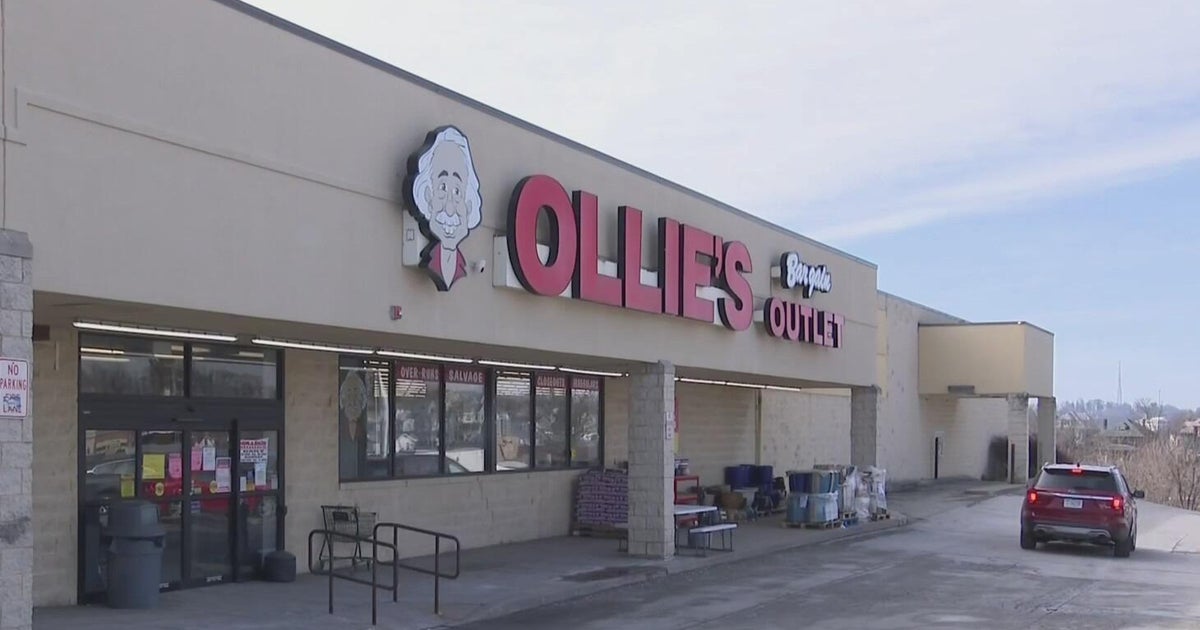Search Warrant Served On Raw Milk In Minnetonka
MINNETONKA, Minn. (AP) -- Minnesota agricultural officials confiscated hundreds of gallons of milk delivered to a house in the latest development of their crackdown on unpasteurized milk.
Investigators on Tuesday confiscated about 400 gallons of milk that Roger Hartmann was delivering to a house in Minnetonka, where customers were waiting to pick up their orders, according to search warrant documents cited by Minnesota Public Radio.
The state has tried repeatedly to stop Hartmann and his brother Michael from selling unpasteurized milk. Agriculture officials towed the brothers' truck to a state building.
The search warrant said officials received an anonymous tip last month that the home had served as a raw milk drop site in the past.
Department officials declined to comment on the milk seizure.
Michael Hartmann said he has a constitutional right to sell dairy products.
"There was 30 to 40 of our consumers up there, protesting," Hartmann said. "They didn't have a warrant at all; they just stopped us. And they had no right to do that. And it's just totally violating all the rules of law."
In the search warrant document, state officials say they requested the warrant after observing Roger Hartmann unloading the milk, and the warrant was delivered electronically to several locations including the Minnetonka address.
State health officials have blamed the Hartmann Dairy Farm in Sibley County for illnesses associated with an E. coli outbreak earlier this year that sickened several people. State inspectors reported problems including rodent droppings and possible manure contamination in the milking facilities.
Michael Hartmann has said his farm is just as sanitary as other dairy farms.
In their search warrant documents, state officials say they have reason to believe the Hartmanns are selling "an adulterated substance with the intent to cause death, bodily harm or illness" because they know some people have become sickened by drinking raw milk.
Michael Hartmann insisted his products have not sickened anyone.
State officials have said anyone selling adulterated food could face felony charges and fines, but haven't said whether they intend to pursue criminal charges. They embargoed Hartmann food products this summer, but Hartmann contends the embargo applies only to food products found on the farm when it was inspected in May and June. The two sides argued the issue in court, but a judge hasn't ruled yet.
(© Copyright 2010 The Associated Press. All Rights Reserved. This material may not be published, broadcast, rewritten or redistributed.)






